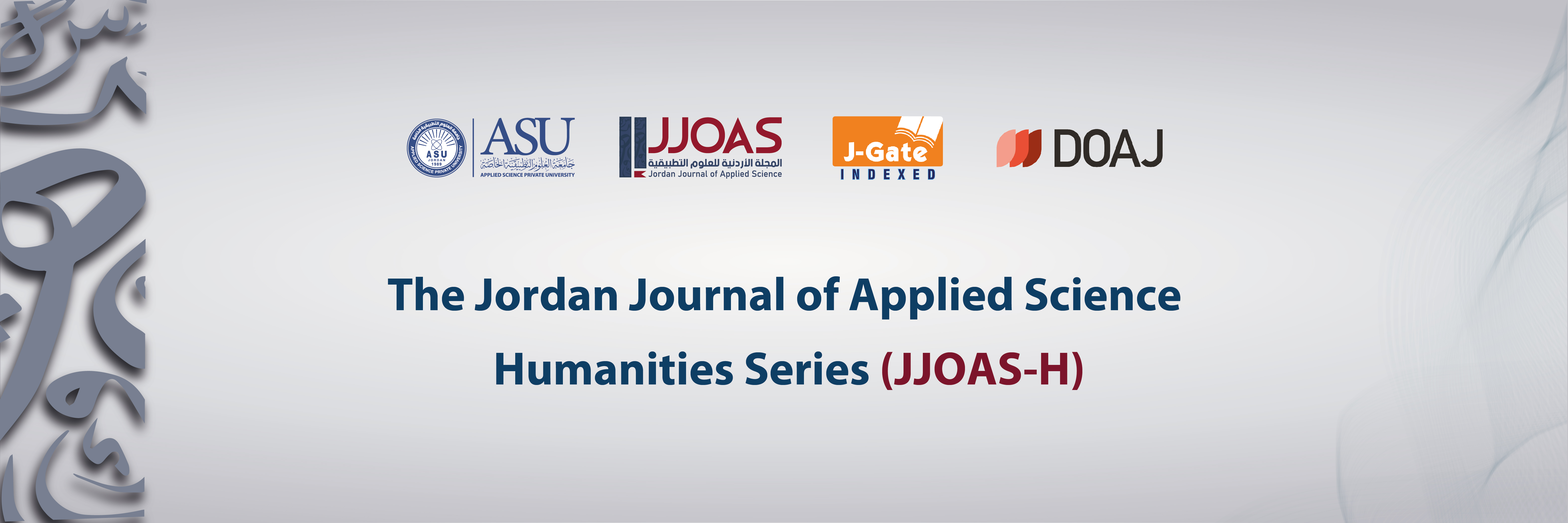
DOI
https://doi.org/10.35192/jjoas-h.v38i1.651
Abstract
This study aimed to investigate the impact of the type and percentage of Differential Item Functioning (10%, 20%, and 30%) on estimating individuals’ abilities according to the three-parameter model and Mokken’s non-parametric model of item response theory. The experimental method was used to address the study's questions by applying hypothetical tests, each consisting of 60 double-response items, generated using the WinGen software, to a sample of 2,000 hypothetical individuals for each experimental condition. The study results showed that differences in the ability parameter between the three-parameter logistic model and Mokken's non-parametric model were not statistically significant across all experimental conditions related to the type and percentage of Differential Item Functioning. There were also no differences in the ability parameter due to the type of model according to the experimental conditions related to the type and percentage of differential performance. The study recommended using Mokken's non-parametric model when seeking the highest degree of reliability in the test.
Recommended Citation
Al-Khatib, Issra and Al-Omari, Hassan
(2024)
"Impact of the Type and Percentage of Differential Item Functioning on the Ability Parameter of Individuals According to Parametric and Nonparametric Models of IRT,"
Jordan Journal of Applied Science-Humanities Series: Vol. 38:
Iss.
1, Article 2.
DOI: https://doi.org/10.35192/jjoas-h.v38i1.651
Available at:
https://digitalcommons.aaru.edu.jo/jjoas-h/vol38/iss1/2
Included in
© 2024 by the author(s). This is an open-access article distributed under the terms of the CC BY 4.0 Attribution license.

